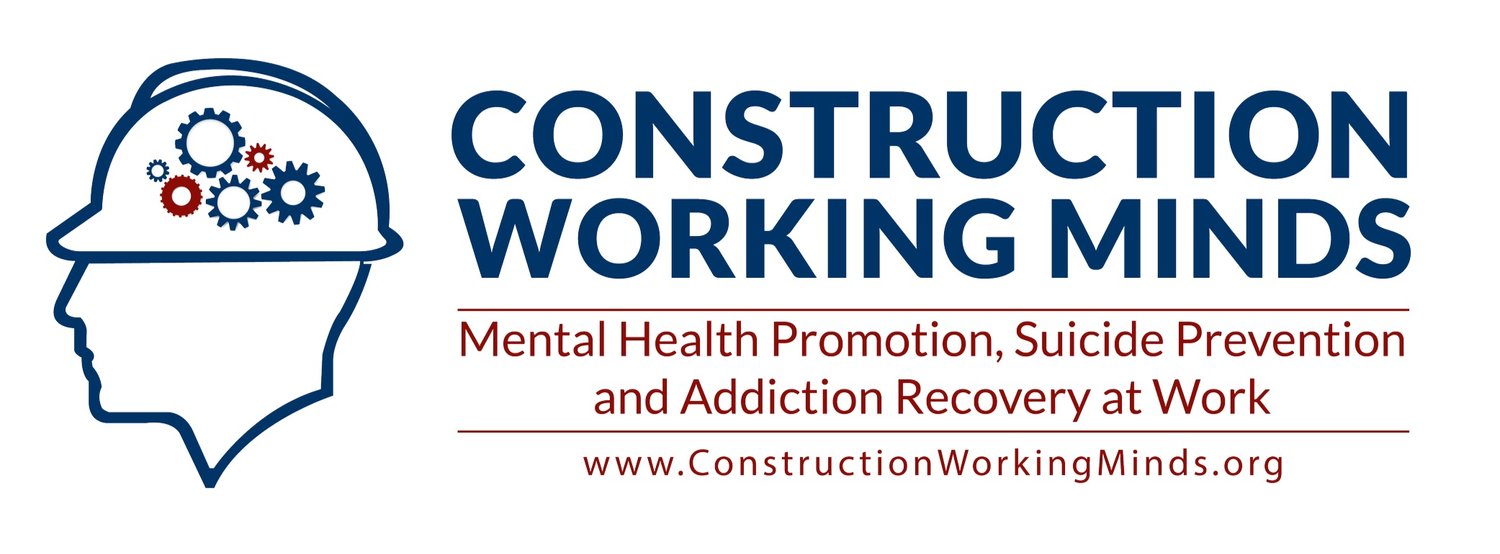I Am A Safety Supervisor
Many construction companies have already committed to fostering safety at all times, but few have taken mental wellness into account. A common aspirational goal in the safety culture is “Zero Incidents.” Yet, when many people consider ZERO SUICIDES as a goal, they are met with doubt that it could ever be so. What if we believed it were possible and did everything in our power to get there?
How to Make Suicide Prevention a Health and Safety Priority:
Train Your Team in CPR for Mental Health Crises:
““A big part of the depression is drinking or using. A lot of times the issue is pain. We are in labor, so literal physical body pain. The more in pain they are, the more they drink or take a couple extra drugs...””
We Can't Fix Mental Health With Duct Tape: A New Frontier in Safety
Spring/Summer 2019 Issue
By: Sally Spencer-Thomas, Psy.D.
Source: Safety Decisions Magazine
Historically, mental health and suicide have not been considered safety priorities—until now. Here is why industry should care deeply about these issues, along with evidence-based tactics to save lives and alleviate suffering.
Safety professionals are well-versed in the “fatal four”—falls, struck by object, electrocution, and caught in between—and know that if they are able to prevent these forms of death, they will save almost 600 lives each year.1 What most safety professionals are unaware of is that suicide in construction takes many more lives. A recent study published by the Centers for Disease Control and Prevention (CDC)2 found that, in their sample, 20% of all men who died by suicide in the United States were in the construction/extraction industry. 47,173 people died by suicide in 2017, and 27,404 of them were men ages 20-64.3 If 20% of these men were in construction/extraction, that means we can estimate that over 5,000 men working in this industry died by suicide—about nine times more than all of the fatal four deaths combined. Read more...




